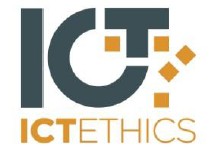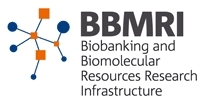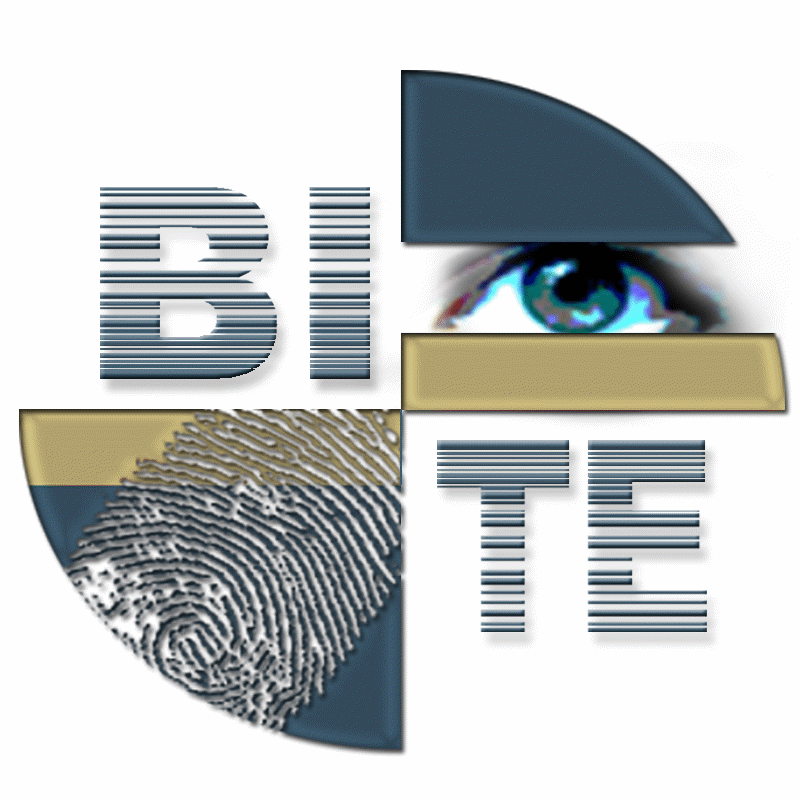Research interests
The Innovation Union: planning and preparing for the future
Body modification and human enhancement
Responsibilization in healthcare and wellbeing
Among research interests at Cesagen is the changing political and socio-economic climate in Europe and beyond. We are particularly interested in the responsibilization of citizens to manage their own health and wellbeing, and how "innovation" has become the all-round remedy for societal, environmental and existential ills. Capacities to innovate are cultivated in the shaping of inter-governmental frameworks and how money is distributed to academe and industry, while policy initiatives maintain the impression that Europe has (and needs) active and informed citizens and a competitive edge. The broader research questions turn on the implications of an ageing population and changing healthcare services, the strain on energy and food supply and infrastructural security, converging technologies, and to what extent we also need to cultivate capacities for social, cultural and policy innovation. See also an overview of research interests at Cesagen.
The expertise addressing these questions, builds on accumulated research at Cesagen, whose members have international presence, partners across the EU, Asia and the US, and strong collaborative links with governmental, commercial and academic institutions in the UK. See listing of Cesagen's academic staff at Lancaster and Cardiff Universities.
-
The Innovation Union:
Planning and preparing for the futureRecent changes in the socio-economic and political climate have renewed calls for innovators to step up and tackle the challenges (European Commission, 2011). What is uncertain however, is the extent to which "science", as a collage of technological, epistemic and socio-cultural practices, can cultivate "capacities to act" and to innovate. As the report, Global Governance of Science suggests (European Commission, 2009), we can extend the definition of "science" to include not only the natural and life sciences but also engineering, medicine and the social sciences. By extending the definition, we can expect much wider cooperation across disciplines and greater incentives to reach broad agreements on what counts as responsible innovation.
At Cesagen, we are looking to investigate how a number of assessment traditions can be integrated, and to test such an integration on one or more of the current strategic areas of R&D and innovation in Europe, eg., robots of the future, smart grids and biosensors. In doing this, we seek to build collaborations with innovators and experts who conduct ethical and legal reviews, foresight exercises, risk assessments, media, "public-pulse" and sociotechnical analysis. One of the aims is to create an experimental and innovative learning environment, with a focus on the lifestyle and occupational transformations that come with disruptive innovations. We hope that this work can contribute to an urgent call for sustainable innovation, and for improved conditions of accountability and governance, ie., by exploring how assessment methods can be integrated in ways which speak clearly to policy-makers, affected occupations and publics at large.
-
Body modification and human enhancement:
Therapy, security and novel experienceGovernment initiatives, in close collaboration with industry and academe, scan for global trends and future horizons which teaches us that converging advances in nano-scale engineering, biotechnology, neuroscience, robotics, computing and communications technology, will eventually result in highly sophisticated bio-interfaces (e.g. OECD-DASTI, 2007; Ministry of Defence, 2010; Foresight Horizon Scanning Centre, 2010). The boundaries between living and non-living entities will radically blur and challenge our perceptions of the "natural" and the "human". It is of particular interest that much of the visionary work that goes on in this area, anticipates certain kinds of futures, for example, with mind-controlled robot prostheses, artificial vision, pervasive surveillance, synthetic telepathy, and so on, and these dominant imaginaries are substantively facilitating, in the sense that they quickly find their way into policy initiatives and strategic research agendas (e.g. Roco and Bainbridge, 2002; Nordmann, 2004; Christensen et al, 2009; European Commission, 2011). The drivers are born from the promise that converging advances will significantly improve individual and social well-being, while considerable uncertainties remain unresolved. It is still unclear, for instance, what the implications are for advanced medical therapies, assisted living, military combat, human security, human enhancement or, simply, the right of scientists to experiment. What might be the disappointments when some of the promises of improvement fail to deliver and what alternative futures are rendered invisible?
At Cesagen, we are looking to investigate the innovation domains that have reached real-world applications. For example, what we call "smart" implants refers to invasive interfaces to control the body, objects and devices on the one hand and, on the other hand, microchips with embedded records, sensors and positioning devices. The applications of these technologies, as well as ongoing research relating to their development, provide us with a lens through which we can ask what role horizon scanning plays in cultivating mutual dependence between science, technology and governance, in particular, how these entangled relations dominate which trends find their place and purpose on the future horizon while a range of alternative and critical visions of future developments are omitted or entirely ignored.
-
Personalization as Responsibilization:
Healthcare and wellbeingVisions of personalization are intimately tied in with recent historical and political shifts in the moral responsibilities of citizens (Clarke, 2004; Harrison and McDonald, 2008). They stress the value of educated and empowered individuals who can make informed decisions about their healthcare. For example, one of the perceived benefits of e-health technologies is the projected shift from reactive to preventative care, a personalized citizen-centred approach to service design. Meanwhile there is a surge in private online-based practices (services and self-help) for a vast range of common conditions, injuries and more. These are do-it-yourself (DIY) market models of electronically mediated health assessments and consultation, and a rapid growth in the sales of test-kits, self-monitoring devices, and other (both lawful and unlawful) over-the-counter products. Little is known about who the customers are, what their intentions are and what "healthcare" they actually receive. What can be inferred however, is that socio-technical, political and moral imaginations of e-health, may fail to take into account how new tools and technologies are appropriated "in the wild", in ways which are difficult to predict, control or subject to accountability.
At Cesagen, we are interested in exploring the implications of putting ICTs and personalization at the heart of sustainable and accountable healthcare. The background to this are the recent developments in e-health technologies (see European Commission, 2004):
health records systems and information networks
-
telemedicine, including conferencing tools to exchange information and give advice or direction
-
personal wearable and portable sensory systems for telecare to assist older people and the disabled at home
-
telehealth to monitor and manage common long-term conditions such as chronic heart disease, hypertension, pulmonary disorders or diabetes type two.
The point of departure however, is to investigate the emergence of new trends, where the uses of ICT-related services and products find purpose and direction in the self-management of healthcare on the margins or outside the conventional publicly provided services. Among the many issues engendered by these "fringe" developments, are questions of which innovations break into markets and which do not, to what extent do ICT-assisted self-management and DIY market models represent a democratization of medical knowledge, and what unintended consequences emerge when individuals actively seek to manage their own healthcare.
Contact person at Cesagen:
Kristrún Gunnarsdóttir
k.gunnarsdottir@lancaster.ac.uk
Office +44 (0)1524 510847
Mobile +44 (0)7901 595430References:
Brown, N. and Michael, M. (2003). A Sociology of Expectations: Retrospecting Prospects and Prospecting Retrospects. Technology Analysis and Strategic Management 15(1). pp. 3-18.
Christensen, H. I., Brock, O., Goldberg, K., et al. (2009). A Roadmap for U.S. Robotics - From Internet to Robotics. Sponsored by the Computing Community Consortium and the Computing Research Association CCC/CRA, 2009.
European Commission (2004). e-Health - making healthcare better for European citizens: an action plan for a European e-Health Area. Communication from the Commission to the Council, the European Parliament, the European Economic and Social Committee and the Committee of the Regions (05.2004). COM(2004)0356 final.
European Commission (2009). Global Governance of Science: Report on the Expert Group on Global Governance of Science to the Science, Economy and Society Directorate, Directorate-General for Research. EUR 23616.
European Commission (2011). Horizon 2020: The Framework Programme for Research and Innovation. Communication form the Commission to the European Parliament, the Council, the European Economic and Social Committee and the Commitee of the Regions, russels (30.11.2011). COM(2011)808 final.
Foresight Horizon Scanning Centre (2010). Technology and Innovation Futures: UK Growth Opportunities for the 2020s (Technology Annex). UK Government Office for Science.
Harrison, S. and McDonald, R. (2008). The Politics of Healthcare in Britain. Sage Publications.
Ministry of Defence (2010). Global Strategic Trends - Out to 2040 (4th Edition). DCDC Global Strategic Trends Programme.
Nordmann, A. (Rapporteur) (2004). Converging Technologies - Shaping the Future of European Societies. European Commission - HLEG Foresighting the New Technology Wave.
OECD-DASTI (2007). Horizon Scan. OECD International Futures Programme Unit with support from the Danish Agency for Science, Technology and Innovation (DASTI).
Roco, M. C. and Bainbridge, W. S. (eds) (2002). Converging Technologies for Improving Human Performance: Nanotechnology, Biotechnology, Information Technology and Cognitive Science. National Science Foundation (NSF/DOC-sponsored report).













